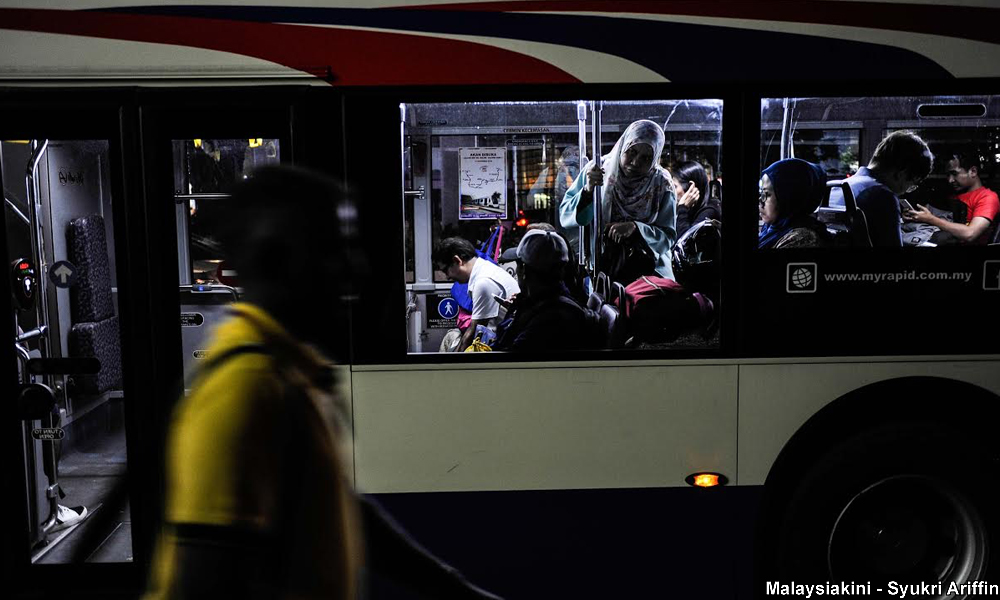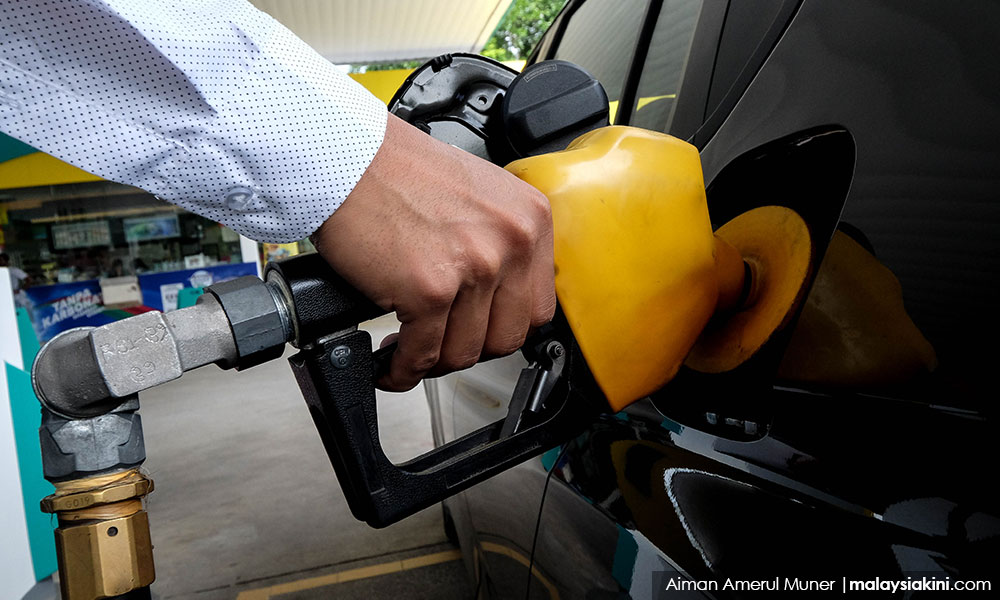COMMENT | 28 million versus 2.2 million – these are the 2017 figures for the number of registered vehicles versus individual taxpayers as disclosed by the Malaysian Automotive Association and the Finance Ministry.
Even for the non-economically trained, it seems to paint a David versus Goliath story in terms of pure numbers.
With the recent budget announcement on the new RON95 subsidy policy, it seems that there is finally an opportunity for the government to help correct this imbalance by ensuring that all vehicle owners have some skin in the game.
It’s a well-known problem that when incentives are misaligned, moral hazards and problems such as the tragedy of commons arise.
As we move towards a vehicle-based petrol incentive system, it is the perfect opportunity to ensure that everyone who benefits from the incentives paid for by hardworking taxpayers is also registered with the tax system itself.
The following are some key principles which I believe could really help the government set the right policy framework for implementing the new petrol subsidies for vehicles under 1,500cc.
Incentives to benefit all
One key objective here would be for the Finance Ministry to ensure that there is no abuse of these incentives.
Our public transportation infrastructure has never been better and for people who live and work near key transit lines, they should be encouraged to be multiflexers – commuters who use multiple modes of transportation and use public transport whenever possible, especially when the government has announced the RapidKL unlimited 30-day travel pass for RM100.
Therefore, it is only fair to expect that everyone who claims incentives on RON95 is a registered taxpayer, is rightfully paying taxes, and subject to tax audits should there be any irregularities.
Harnessing technology for trust, transparency
We also want to ensure that people only make claims for what they actually utilise instead of claiming up to the maximum of 100 litres a month. We don’t want motorists who pay for RON97 to also claim for RON95.
As part of this, it is important for there to be a system which accounts for total RON95 expenditure on a monthly basis.
This can be done either by getting motorists to upload receipts which go through an optical character recognition process, or, for motorists who are using fuel cards, we can easily validate this with the backend systems of oil and gas companies.
With technology, fraud is also less likely as we can ensure that the receipts are uploaded within an app or a mobile site, and then geotagged accordingly to ensure that the motorist is really at the petrol station, rather than just using a family member’s receipt.
Vehicle capacity and ownership can also be verified by uploading grants from the Road Transport Department and insurance documents.
Ideally, if Insurance Services Malaysia is willing to open up their database, this could easily be verified within seconds via a simple API pull, since a majority of insurance data is already digitised.
Keeping administrative costs low is key
An undesirable outcome would be for entrepreneurs to see this as a profit-making exercise and milk the government for extra revenue.
Keeping the cost of administration and enforcement low is crucial.
One way of reducing the cost of administration is to tie this into the overall Inland Revenue Board tax relief claims process so that there is no additional process needed.
Individuals can claim back the money using the same channel as their tax claims.
If reimbursement frequency becomes a problem for those who are tight on cash flow, there are solutions provided by the likes of PayNet that can facilitate regular bulk payments at lower transaction costs.
The key to making this policy work is to minimise fraudulent claims and this can be achieved by leveraging technology as mentioned above, which does not require much labour to administrate and also helps to ensure that motorists get penalised if they lodge fake claims.
By tying this into the tax system, we can ensure that Malaysian drivers truly have some skin in the game while minimising any potential opportunities for misuse of the incentive provided.
LEON FOONG is the CEO of Socar Malaysia.
The views expressed here are those of the author/contributor and do not necessarily represent the views of Malaysiakini.



